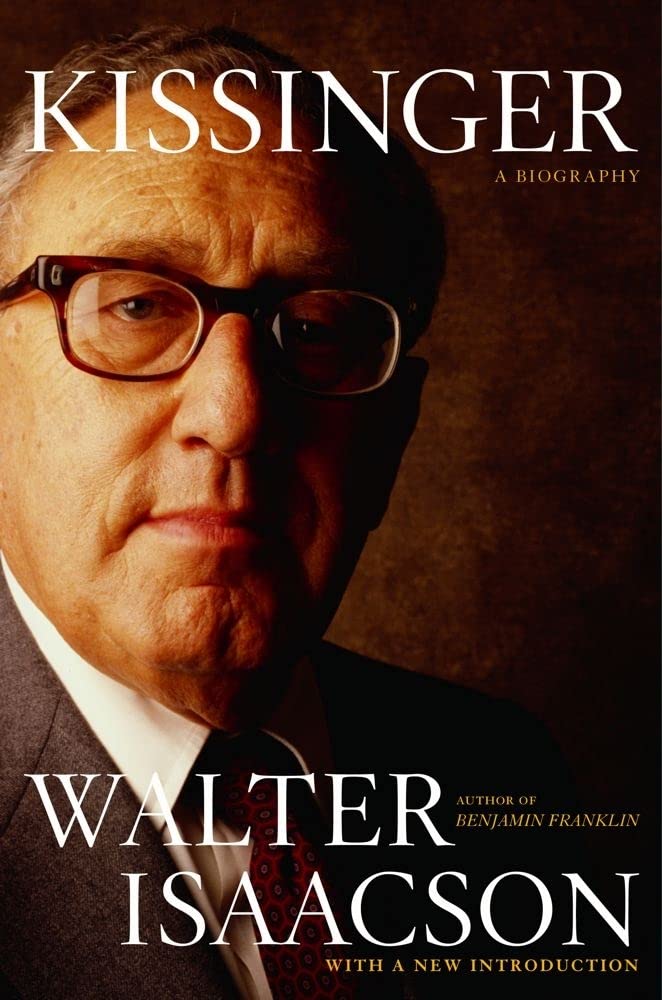Couldn't load pickup availability
Kissinger
Kissinger
As his parents finished packing the few personal belongings they were permitted to take out of Germany, the bespectacled 15-year-old stood in the corner of the apartment memorizing the details of the scene. He was a bookish and reflective child, with that odd mixture of ego and insecurity that can come from growing up smart yet persecuted. "I'll be back someday," he said to the customs inspector who was surveying the boxes. Years later, he would recall how the official looked at him "with the disdain of age" and said nothing. Henry Kissinger was right: he did come back to his Bavarian birthplace, first as a soldier with the U.S. Army counterintelligence corps, then as a renowned scholar of international relations, and eventually as the dominant statesman of his era.
By the time he was made secretary of state in 1973, he had become, according to the Gallup Poll, the most admired person in America. In addition, as he conducted foreign policy with the air of a guest of honor at a cocktail party, he became one of the most unlikely celebrities ever to capture the world's imagination. Yet Kissinger was reviled by large segments of the American public, ranging from liberal intellectuals to conservative activists, who in varying ways considered him a Strangelovean power manipulator dangerously devoid of moral principles. Kissinger's power-oriented approach to global politics resulted in a messy conclusion to the Vietnam War that included the secret bombing and invasion of Cambodia and the Christmas bombing of Hanoi. Yet he was also able to design a triangular balance based on detente with Russia and an opening to China that preserved America's influence in the world. He had an instinctive feel for power, but it was not matched by a feel for the openness of America's democratic system or for the moral values that are a basic source of its world influence.



